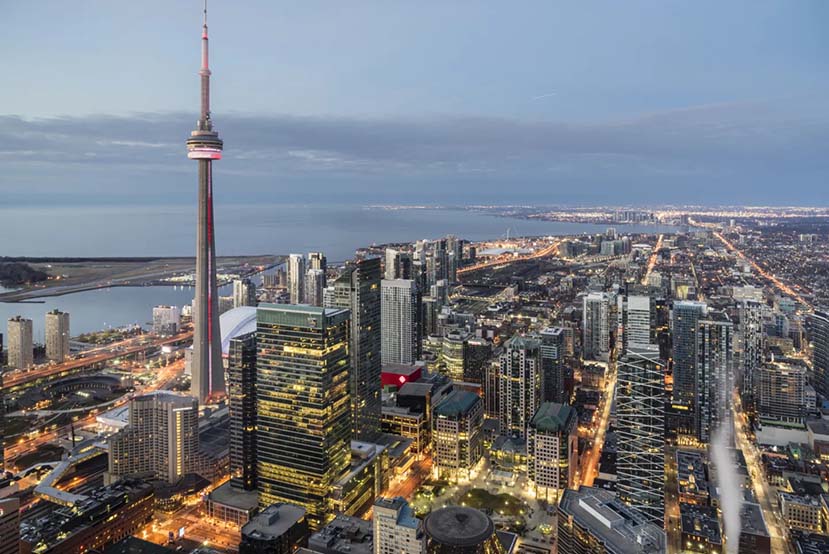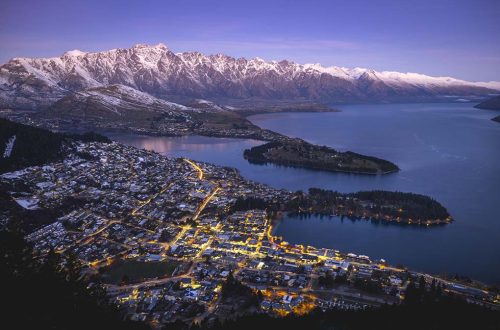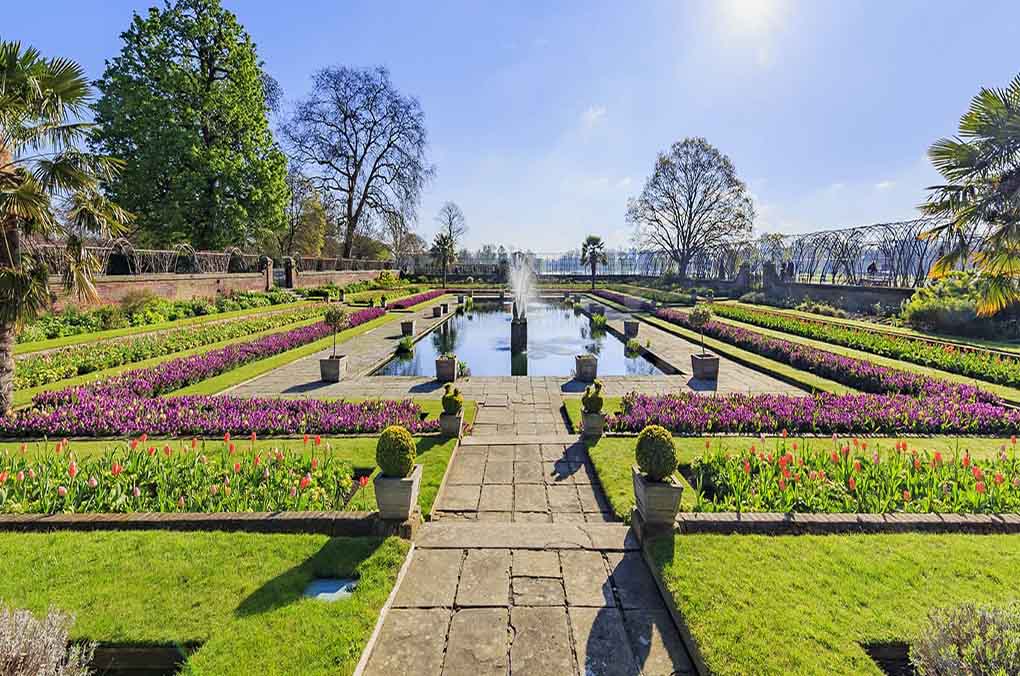
London Mornings and the Unexpected Turn to Adventure
I touched down in London with a familiar sense of excitement, but also a craving for something more than just city lights and museum corridors. I’d been to London before—seen the Tower Bridge, watched the guards at Buckingham Palace, browsed Camden’s chaotic stalls—but this time, I wanted something more grounded, more hands-on, more alive.
That’s when PGL started weaving itself into my plans.
It wasn’t the usual travel brochure or flashy social media reel that pulled me in. It was a conversation overheard in a café just off Regent Street. Two parents were chatting over coffee about how their weekend at a PGL Family Adventure centre gave their kids the best time they’d had all year—and gave them a break that didn’t involve screens or waiting in lines. I looked it up right there between bites of my almond croissant. PGL? I’d heard whispers, but I hadn’t taken it seriously. That changed instantly.
From Urban Rush to Wild Calm
Just outside the frenzy of London’s city centre, PGL opened up a world I hadn’t thought to explore. A few hours in the car and I was somewhere completely different—one of their beautiful countryside locations that felt miles away from London’s sirens and selfies. Trees replaced traffic. Laughter replaced exhaust fumes. And the silence between those moments? Golden.
Booking into one of their family adventure packages felt like unlocking a secret the locals already knew. The kids didn’t ask for Wi-Fi once. There were no meltdowns about tablets or phones. Just ropes courses, zip wires, archery, raft building, and an endless supply of adrenaline-laced joy.
And me? I climbed a wall I never thought I could conquer. I slept like a log in the warm comfort of their group residential accommodation, surrounded by families and teams from across the UK. Everyone had different stories, but shared one thing: we’d all found something uniquely energizing.
How School Trips Should Feel
At breakfast, I overheard a group of teachers chatting with PGL staff. They were wrapping up a primary school residential trip, glowing with pride. One of the teachers pointed out how their shyest student had transformed after the campfire sing-alongs and the crate-stacking challenge. I saw the kids later, swarming the souvenir shop, giggling with new inside jokes that only a shared adventure could create.
Later that week, I ran into a secondary school group prepping for their French language trip with PGL. One of the teens was waving around a phrasebook, teasing a friend in broken French. They were off to one of PGL’s centres in Normandy, and the mood was electric.
PGL’s role in school travel across the UK and Europe felt embedded, yet somehow still fresh. Their trips weren’t about sightseeing from a bus. They were about throwing yourself into the mud, building confidence with every splash, shout, and sprint. They made educational travel something you could feel in your muscles.
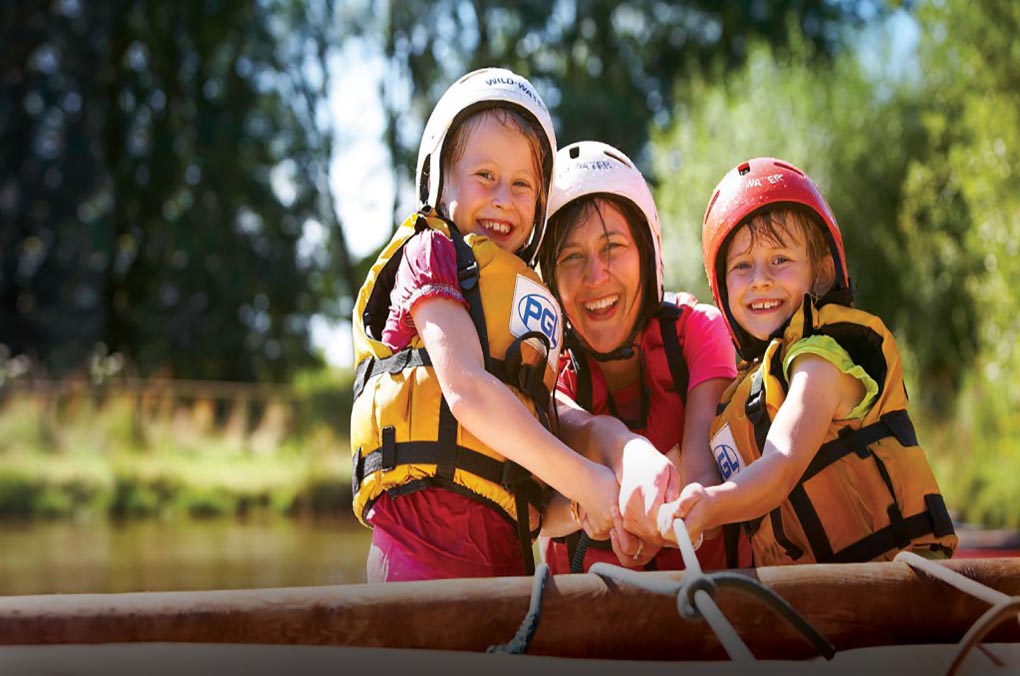
Adventure Holidays for Kids Who Hate Boredom
It wasn’t long before I realized PGL wasn’t just for families or school groups. Their adventure holidays for 8–16-year-olds had a whole vibe of their own. I met two sisters from Manchester who were on their third solo holiday with PGL. Their parents had dropped them off for a week while they went on a quiet getaway of their own.
By day three, the girls had tried canoeing, fencing, and even high ropes. One of them said she couldn’t decide if the giant swing or the survival skills challenge was her favorite. I watched them scale a climbing tower with ease and disappear into a group of new friends like it was their second home. They weren’t just on a holiday—they were thriving.
PGL made holidays for young adventurers more than just childcare. They made them into self-discovery labs, packed with laughter, scraped knees, and first-time triumphs.
A Family Break That Actually Feels Like One
What really hit home for me was how PGL family adventures made space for both chaos and calm. While the kids tore through obstacle courses or paddled across lakes, I sat by the fire pit, chatting with other adults who’d escaped the city. Some were from Birmingham, others from as far as Glasgow. But the common thread? Relief.
Relief that someone else was organizing the day. Relief that the kids were safe, active, and happy. Relief that dinner was sorted and all we had to do was enjoy ourselves.
I learned about the special family holiday offers, including short breaks during school holidays and longer summer packages. Some families came back year after year. They talked about how each centre offered slightly different adventures—from coastal kayaking to tree-climbing in the woods. They even had themed weekends where costumes and storytelling became part of the adventure.
It made sense. Why spend a fortune on screens and queues at amusement parks when you could spend less and gain more with PGL?
The Group Energy Is Contagious
During my second week in the UK, I joined a group outdoor activity retreat. Think more adrenaline, less small talk. We were a mix of youth club leaders, Scouts, and a couple of hiking groups. Our base for the weekend was one of PGL’s largest centres, where every pathway led to something different—an aerial course, a raft challenge, a hidden woodland path.
It was the kind of place where strangers became teammates fast. Everyone was encouraging, loud, muddy, and unstoppable. We cooked over an open fire, raced through obstacle courses, and swapped stories late into the night. And the accommodation? Basic but perfect for the purpose—clean, warm, close to nature, and communal in the best way.
The PGL team running the centre was like a well-oiled machine powered by enthusiasm. They knew every name by the second day. They made safety briefings fun, turned rainy afternoons into spontaneous games, and handled group dynamics with the ease of seasoned camp veterans.
Back to the City, but Not Quite the Same
Returning to London after a few days out at the PGL centre felt different. The city still buzzed with its usual intensity, but the lens I was looking through had shifted. I walked along the South Bank, past the London Eye and the street performers drawing crowds near the Jubilee Gardens, but my thoughts kept drifting back to the zip line I’d tackled the day before. It’s one thing to look down on the Thames from a Ferris wheel; it’s another to fly through the forest under your own power.
On the train ride back into the city, a group of students were seated across from me, chattering with excitement. Their jackets had the logo of a local secondary school, and they were just coming back from a PGL educational trip. One girl had a notepad filled with science observations from a riverside ecology session. Another was animatedly describing a challenge course they’d completed as part of their outdoor learning module. Their teacher sat nearby, smiling quietly, occasionally nodding as they shared highlights of their trip.
There’s something grounding about seeing learning take place outside the usual classroom. And that’s what PGL seems to get right. The trips aren’t built around memorizing dates or theories. They’re about confidence, leadership, discovery, and physical engagement. They leave a mark.
Escaping the Itinerary in Hyde Park
I had planned to go to Hyde Park that afternoon, and I stuck with it. The park was full—families sprawled on picnic blankets, tourists trying to row boats on the Serpentine, joggers carving quiet lines through the footpaths. I sat near the Princess Diana Memorial Fountain and opened my phone. The PGL site was still up.
Their locations in France and across the UK stood out. It wasn’t just the usual summer camps. They had PGL ski trips, language-focused exchanges, and even curriculum-linked residentials. And everything seemed to be done with a mix of structure and spontaneity. I booked another weekend away at one of their southern centres before I even left the park. The pull was too strong.
The French Connection
The following week I met a family from Leeds at their hotel near King’s Cross. We’d been in the same PGL centre a few days earlier and now happened to be staying near each other. Their two kids had just finished a PGL French trip, where part of the adventure took place in Normandy. Their son proudly used his French to order at a nearby bakery. His parents looked on, amused and impressed.
They told me about the ferry crossing, the traditional market visit, and a group cooking class where the kids learned to make crepes. Everything was built into the program. And even though they were in another country, the consistency of PGL’s organization kept things running smoothly.
There’s something genius in letting kids learn language and culture by being in it—not studying it through a textbook. It clicked with me then that PGL had essentially created a version of education that stuck. Language acquisition wasn’t just verbs and nouns. It was laughter, immersion, and necessity. You wanted to communicate, so you figured out how.
Weekend Warriors: Group Retreats with a Purpose
Not long after that, I headed back out of London. This time, it wasn’t for a family weekend or a solo break—it was for a group adventure retreat with a team I’d joined online. A blend of city workers, remote freelancers, and fitness junkies, we met at one of PGL’s central UK sites. By the first night, we were knee-deep in mud and team challenges.
That weekend was pure electricity. We tackled raft-building in the lake, problem-solving tasks, and night orienteering with only headlamps and compasses. We laughed, stumbled, shouted, and bonded. I still talk to a few of them regularly. There’s something about getting people out of their comfort zones that creates real, fast friendships.
What struck me again was how naturally PGL’s setup handled such a varied group. We weren’t kids. We weren’t on a corporate retreat. But it didn’t matter. The team made sure everything ran smoothly—equipment, meals, first aid, even late-night hot chocolates. That’s part of why they’re such a good fit for youth clubs, Scouts, Guides, and community groups. It’s plug-and-play adventure, with flexibility where it matters.
Big Kids and Little Breaks
After that, I couldn’t stop recommending PGL to everyone. On a train from Paddington, I overheard a woman talking about her son’s birthday. I leaned over, almost uninvited, and mentioned PGL’s 8–16 adventure holidays. She asked questions. I pulled up pictures. By the time we reached Reading, she had bookmarked the site and was already debating which centre her son would enjoy most.
Their birthday packages are something else. Some families turn them into full-blown adventures, complete with climbing, kayaking, and nights in bunk-style rooms with the kids’ best friends. Others do long weekends during half term to reset from the stress of city school life. The options are endless.
From the British Museum to High Ropes
I did eventually squeeze in another round of traditional tourism—Covent Garden, the British Museum, the Victoria and Albert. All worthwhile, all part of the London experience. But after my PGL escapes, I noticed how often people in the museum looked… tired. Kids trailing behind parents. Couples waiting for the other to finish reading a plaque. Tourists staring blankly into exhibits.
I thought back to a moment on the ropes course, when I was halfway across a suspended bridge. My heart was hammering, my legs were shaking, and I could hear a child below cheering me on. I don’t remember what the exhibit in Room 53 was about, but I remember exactly how I felt in that moment. PGL moments stick with you.
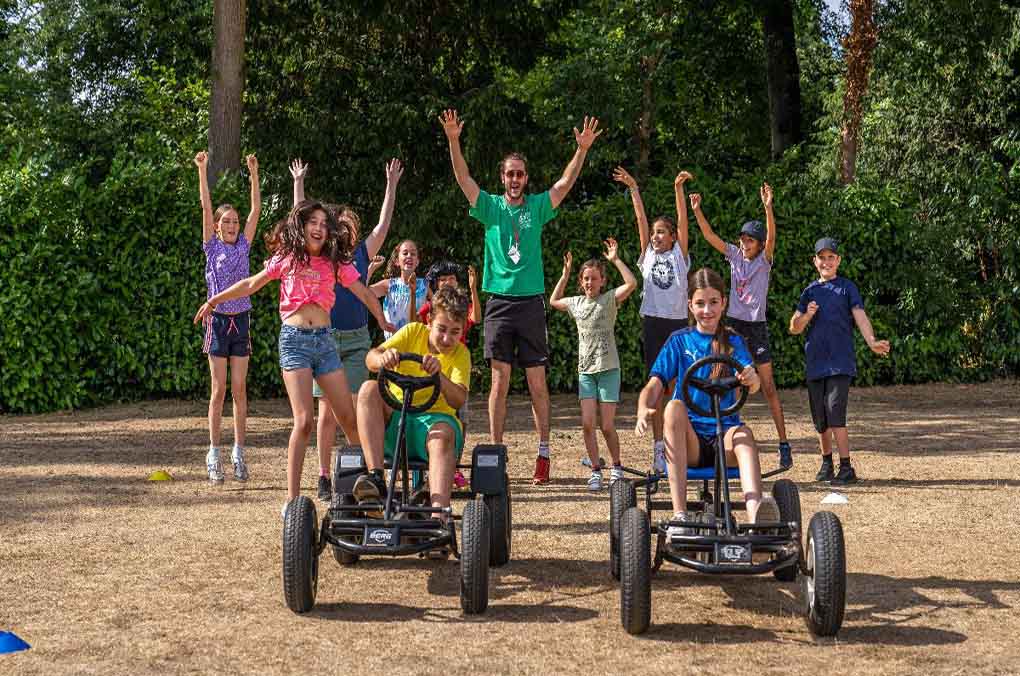
Family Holidays That Break the Routine
It didn’t take much convincing to bring my sister and her two children into the PGL fold. They had been looking for a holiday that wasn’t just poolside lounging or another resort with a kids’ club. What they wanted was something active—something that felt like it meant something.
They chose a PGL family adventure break during the Easter holidays. Their destination was one of the coastal centres with sea kayaking, beach walks, and a climbing wall built into an old stone barn. What surprised them most wasn’t the activities—it was how their family dynamics shifted. The kids became braver. Her husband got competitive in the best way. And she, usually the planner, finally relaxed and let someone else take over.
They came back with stories of late-night storytelling sessions, challenge trails, and team-building games that ended in fits of laughter. The best part? They got all that without having to board a plane. Everything was right there in the UK.
Evenings by the Thames and Daydreams of the Lake
Back in London, I walked the south edge of the Thames again. This time it wasn’t the landmarks that caught my eye—it was the families. Kids splashing in puddles by the Tate Modern, parents herding their way toward Borough Market, exhausted and exhilarated. I thought about what it would be like for them to trade a weekend in the city for one at a PGL family centre. Swapping queues for quad biking. Museums for archery. Overpriced meals for team cookouts.
It’s not about replacing culture or heritage. It’s about balancing it. London’s beauty is in its history, its rhythm. PGL’s strength is its ability to make people move—to break through their mental cobwebs and connect through action.
Classrooms Without Walls
I later sat in a café near King’s Cross, just across from a group of teachers reviewing student behaviour forms. They were prepping for an upcoming primary school residential trip. I leaned in to listen—PGL’s name came up repeatedly.
One teacher mentioned how their Year 6 students returned more bonded than ever after a PGL leadership weekend. Another had just returned from a science-focused programme that included field data collection, energy experiments, and outdoor physics demonstrations. No projector. No passive note-taking. Just kids asking questions, solving problems, and building trust.
It clicked again: for these schools, PGL wasn’t an extra. It was essential. It wasn’t about ticking a box for a field trip. It was about reshaping how students saw themselves—as learners, as friends, as young explorers.
A Night in a Shared Lodge
Later that summer, I joined a community group retreat hosted at one of PGL’s larger centres. It was a mix of adults and teens, and our goal was simple: disconnect from screens and reconnect with ourselves and each other.
We stayed in a group lodge—spacious, warm, comfortable. Days were spent hiking, running obstacle courses, doing blindfold challenges that tested trust and communication. Nights were filled with fireside chats and moments of unexpected honesty. People talked about burnout, friendships, goals, and fears.
What struck me was how seamlessly PGL handled these transitions—children, families, school groups, adult retreats. The infrastructure flexed without ever breaking.


